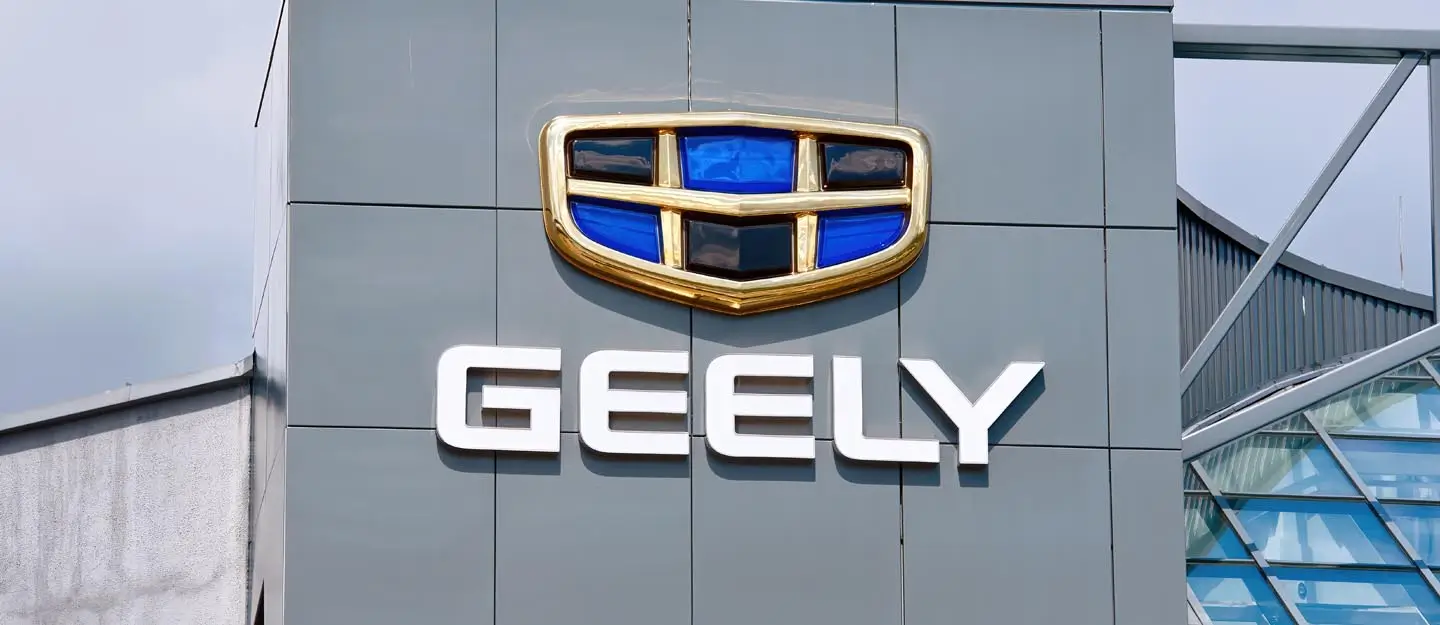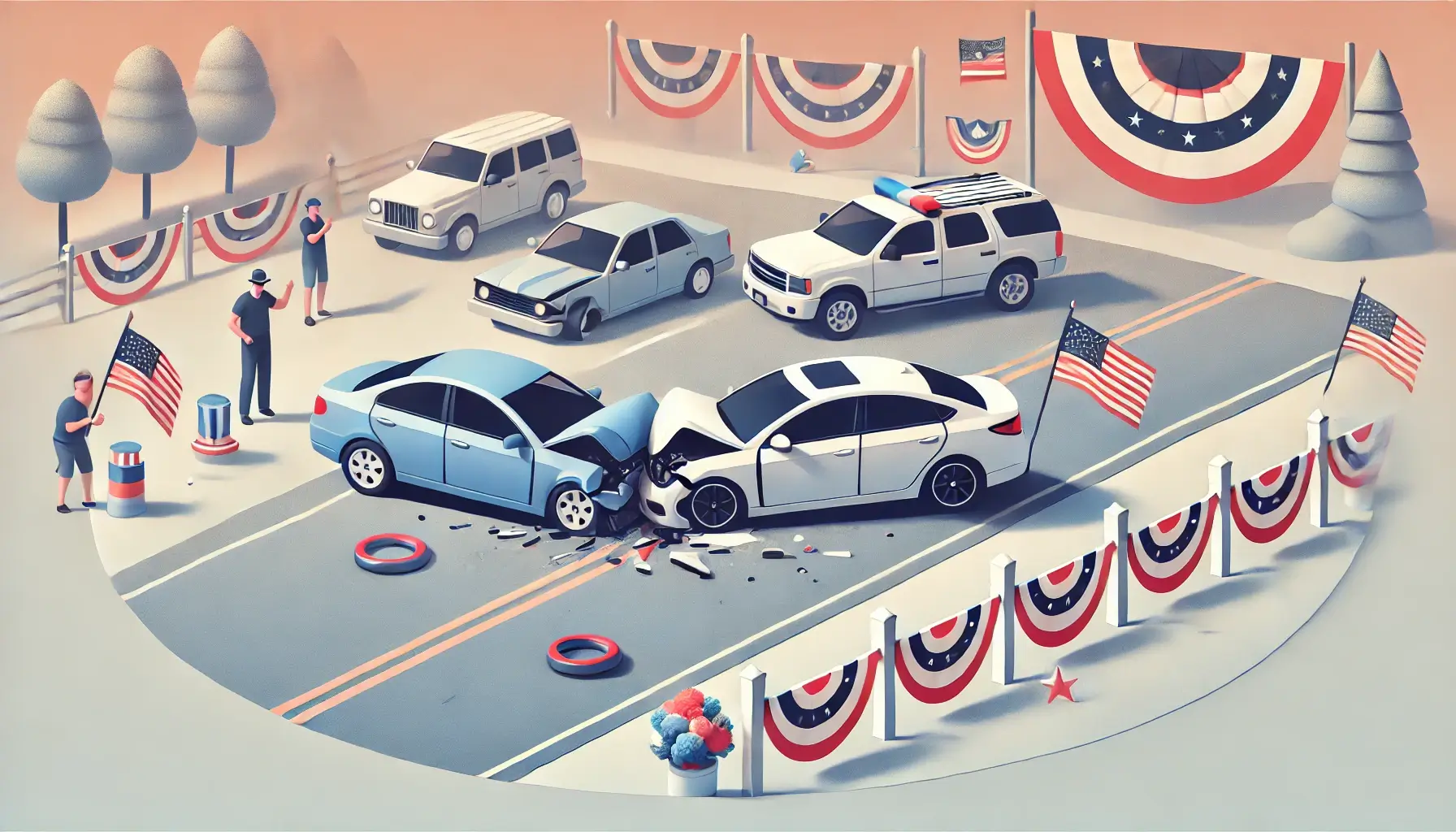Is it Possible to Drive a Totaled Car? (PDF)
If you find yourself in a situation where your vehicle has been declared a totaled car but remains operational, and you have insurance coverage protecting you against such scenarios, you may be eligible for reimbursement. Here’s a breakdown of how this process works.

When you’re involved in a car accident and file an insurance claim, an insurance adjuster is dispatched to assess the extent of damage and injuries sustained. This evaluation involves a close examination of your vehicle to gauge the damage relative to its original value, taking into account factors like the car’s make, model, and year.
A car is deemed “totaled” when the cost of repairs exceeds the actual value of the vehicle. If your insurance policy includes coverage for such situations, your insurance company will provide you with compensation.
However, even if your insurer classifies the car as a total loss, it may still retain some residual value. In the United States, where over 10 million car and light truck accidents occur each year, you may eventually encounter a situation like this. So, what should you do if your car is declared totaled but is still drivable?
Understanding a “Totaled” Car
The determination of whether your car is deemed totaled or not can vary based on your state and whether you or another party is at fault. Your insurance company, or the other driver’s insurer, will appoint a claims adjuster to evaluate the situation and decide on the claim’s payout.
An adjuster may label your vehicle as a total loss if it isn’t economically viable to repair or cannot be repaired at all. Insurance companies employ their own criteria to reach this verdict. For instance, a car may be categorized as totaled if repair costs surpass 80% of its current market value. To illustrate, if your car is valued at $15,000 at the time of an accident, any repairs costing more than $12,000 would likely render it unrepairable.
If your insurance is covering the damages to your car, it typically falls under either collision coverage (for accidents with other vehicles) or comprehensive coverage (for damage caused by non-collision events such as fires or falling objects).
When your car is declared totaled, you have several options to consider:
Option 1: Allow the Insurance Company to Compensate You
The simplest approach to dealing with a totaled car is to accept compensation from your insurance company. Depending on your state’s insurance regulations, this compensation may involve getting a comparable replacement vehicle or a cash settlement equivalent to the actual cash value of your totaled car. If you believe the insurance company’s offer is insufficient, you have the right to dispute it.
If you select the cash payment option but still have an outstanding car loan, the insurance company will typically issue the check jointly to you and your lender. Once the loan is paid off, any remaining funds are yours. However, if the payment falls short of your outstanding loan amount, you are responsible for covering the difference.
Option 2: Maintain the Car in its Current State
In some cases, a totaled car may still be operable. If your vehicle is still drivable and you lack collision or comprehensive coverage to pay for repairs, you may choose to continue using it. Prior to doing so, it’s advisable to have a mechanic inspect it to ensure it’s safe for use.
Option 3: Trade-In
If you plan to purchase another vehicle, certain dealerships may accept your totaled car as a trade-in. It’s wise to obtain a professional appraisal of the vehicle’s value to ensure you receive a fair trade-in offer.
Option 4: Self-Repairs
Anther option for managing a totaled car is to personally finance its repairs. This option may be suitable if your insurance refuses to cover the costs, but you still wish to restore the car to roadworthy condition. When making this decision, consider factors such as the feasibility of repairs, associated costs (obtaining multiple estimates is recommended), the vehicle’s value after repair, and how you’ll fund the repairs. It’s also essential to contemplate how long you intend to keep and drive the car.
The decision to repair a totaled car should be made after assessing the following:
- Feasibility of restoration
- Repair expenses (obtain multiple estimates)
- Post-repair vehicle value
- Financing options
- Expected duration of car ownership
It’s important to remember that some vehicles may be more costly to repair than others, with older models sometimes facing difficulties in obtaining spare parts. However, if the vehicle holds sentimental value or has a high market worth, the additional expenses may be worthwhile. Before securing a loan for repairs, evaluate your budget, considering both affordability and the interest and fees associated with loan repayment.
Option 5: Keep the Totaled Car for Parts
If your insurance coverage doesn’t extend to cover repair costs, you can consider keeping the car for spare parts. This approach becomes particularly practical if the make and model of your totaled car align with another vehicle you own. If not, you may choose to sell the functional spare parts to individuals with the same vehicle model.
Option 6: Sell to a Junkyard
For those who prefer not to bother with selling individual parts, selling the car to a junkyard or salvage yard is an alternative. These establishments often offer cash for your totaled car and might even arrange to tow it away for you.
Option 7: Donate the Car
A final viable option is to donate your totaled car to a nonprofit organization. Several charities accept vehicle donations, even if the cars have been declared totaled. This not only supports charitable operations but may also grant you a tax deduction. If the nonprofit sells your donated vehicle for less than $500, you can claim a deduction for either $500 or the car’s fair market value at the time of donation. For tax purposes, it’s essential to obtain a receipt confirming your donation’s date and the nonprofit’s name.
Is it a Good Idea to Drive a Totaled Car?
We’ve simplified the steps you need to follow to clear a totaled vehicle so that you can go back to using it. However, it’s crucial to understand that owning a cleared totaled vehicle comes with its own set of consequences and considerations.
- Hidden Damage: When your car is declared a total loss after a collision, it’s possible that residual damage might remain, even after repairs. Unseen structural damage to the frame, loose wires, or damaged airbags can pose hidden risks. These issues could make your vehicle unsafe to drive, even after it appears to be repaired.
- Limited Inspection: The inspection performed to clear the title of your car typically focuses on identifying stolen parts rather than assessing its overall safety. It’s advisable to have the vehicle thoroughly examined by an experienced mechanic, as the standard inspection may not guarantee that your car is roadworthy.
- Future Resale Challenges: Once your car receives a branded title, it becomes significantly more challenging to sell in the future, should you choose to do so. Potential buyers will have access to its history as a previously declared total loss, and this history can reduce the likelihood of finding a buyer.
Despite these considerations, if you take meticulous care in repairing your vehicle, adhere to the legal steps required to restore it to roadworthy condition, and don’t prioritize the future resale value, fixing up your totaled car can be a meaningful way to retain something sentimental to you. It’s essential, however, to prioritize safety by addressing any hidden damage and ensuring that the vehicle is genuinely fit for the road, even after it has been cleared for use.
Can You Still Drive a Totaled Car?
Now that you understand how a car is declared a total loss and the options available to you, let’s address a crucial question: Can you still drive a car that’s been declared totaled?
Initially, after your car is declared a total loss, you are not permitted to drive it until the necessary repairs have been completed.
Following the insurance company’s declaration of your car as a total loss, they will present you with a cash settlement offer. This offer includes the Actual Cash Value (ACV) of your car and its salvage value.
By accepting the cash settlement, you are essentially agreeing to sell your vehicle to the insurance company, which will then salvage it for parts. However, you do have an alternative option—you can choose to keep the vehicle. In this scenario, the insurer will provide you with the ACV of your car, and you retain ownership.
Regardless of your decision, there is an additional requirement: the insurance company is obliged to report the car’s total loss status to your state’s motor vehicle department.
If you opt to retain ownership of the car, it will acquire a “salvage title.” This indicates that the car is suitable for parts and not legally drivable on public roads. However, there are avenues to bring it back to roadworthy status.
In Summary
When dealing with a totaled but still drivable car, it’s crucial to consider the available options and the legal requirements associated with your chosen course of action. Each option comes with its own set of advantages and considerations, and the decision should align with your specific circumstances and preferences.




